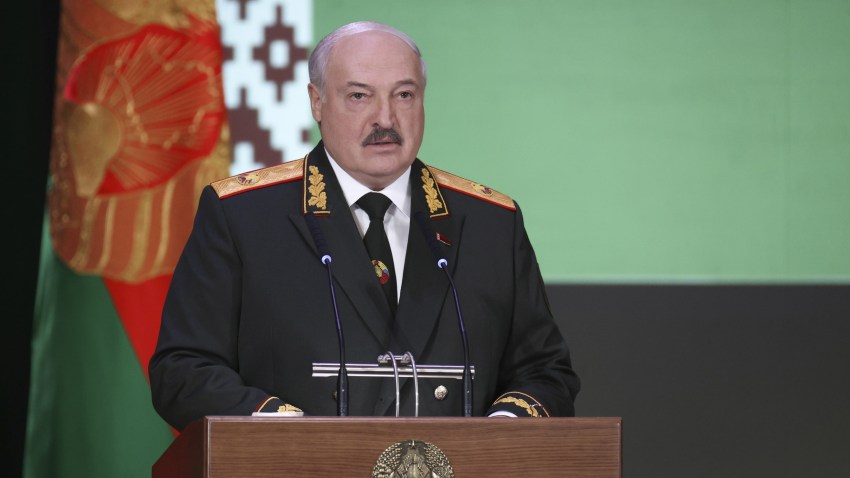After almost 30 years in office, Belarusian President Alexander Lukashenko has just extinguished the last dying embers of his country’s democracy. In late February, tightly controlled parliamentary and local elections unsurprisingly installed pro-Lukashenko figures in seats of power across the country and rooted out whatever was left of Belarus’ political opposition. The uneventful vote was the first since the 2020 presidential election that sparked widespread protests following Lukashenko’s announcement of victory. It was also a rehearsal for next year’s presidential election, a race in which, barring a major surprise in the meantime, Lukashenko will seek and secure a seventh consecutive term in office.
The leadup to February’s parliamentary and local elections was accompanied by a crackdown on the few freedoms that remained in the country. Only four pro-Lukashenko parties—Belaya Rus, the Communist Party, the Liberal Democratic Party and the Party of Labour and Justice—were allowed to field candidates. Voter intimidation was widespread. The Viasna Human Rights Center reported that students, soldiers, teachers and civil servants were pressured to participate in early voting. State television aired segments that showed the security services storming polling stations in training exercises. For the first time curtains were not wrapped around voting booths, preventing voters from taking photographs of their ballots, something the country’s exiled opposition encouraged in previous elections in order to aid independent tabulation of votes. Expat voters were also not allowed to cast their ballots at embassies abroad, part of a series of efforts made by Lukashenko to stifle the influence of pro-democracy Belarusians overseas.
According to the Central Election Commission, an organization controlled by Lukashenko, turnout was 73 percent. Commission officials were also eager to claim that many of the 77 percent of first-time voters were of a younger demographic, a group that has traditionally been anti-Lukashenko owing to its lack of interest in state-run media.

